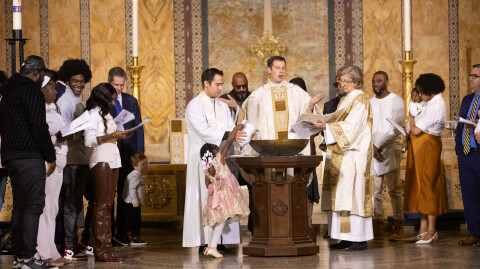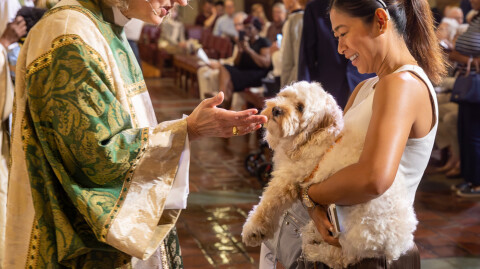Raising children is not easy! As a young mother with four children, I received much advice on how to engage, teach and discipline a young one. All advice looked to be equally essential. How could I possibly do it all “right”? There appeared to be minefields and possibility in every interaction.
Like all parents, my husband and I muddled through learning for ourselves what seemed to make sense for us in our own home. We brought what we valued from our own childhoods into the mix (and let go of what we had felt had not been useful) to create our own family culture. For better or for worse, we embraced behavior that we felt promoted curiosity, purposefulness and kindness while eschewing the opposite. Like all parents, we learned in equal measure from the kids themselves. As the children got older, I found that there was a good measure of humility involved in really listening to what they needed to tell us.
The best listening came to us at the dinner table. If there was one great piece of advice that I received about parenting, it was to have family dinner early and often. This was guidance that I took to heart, and on most nights, we endeavored to eat together sitting at the dining room table. While the kids were small, we would be lucky if dinner would last 15 minutes, but as they got older, sometimes we could sit a bit longer. These dinners gave us time to take the temperature of the day. How had things gone at school? Who was struggling with a teacher or an assignment or a classmate? What team had won or lost? The time together at the end of the day gave me a moment to lay eyes on each of the kids and get a sense of what may be happening that was not talked about.
I am, at heart, a ritualist (no surprise that I am Episcopalian!). At supper, with the table set, devices away, I would dim the overhead lights and light the candles. The blessing would stop the chatter. For the briefest moment, the six of us were suspended in our family community joined in love. I later began to see this as a Eucharistic experience. Indeed, the ritual of table fellowship has been important to gathering community since the earliest civilizations. Eating an “agape” meal has been foundational to building religious and cultural communities. In our house an agape meal was not always very peaceful – but it did remind us that by gathering in this way, we were a part something much bigger than our selves.
Please join us this Sunday at The Forum when The Very Reverend Andrew McGowan, Dean and President of Berkley Divinity School, will be reflecting on what it meant for early Christians to center their communal gatherings on "the breaking of the bread." Dean McGowan draws on recent archaeological and other evidence to reflect on the history of eucharistic practice. He has written extensively on early Christian ritual meals and the origin of the Christian Eucharist. This should be a wonderful reminder as to why we gather at the Altar every Sunday in Eucharistic fellowship.




